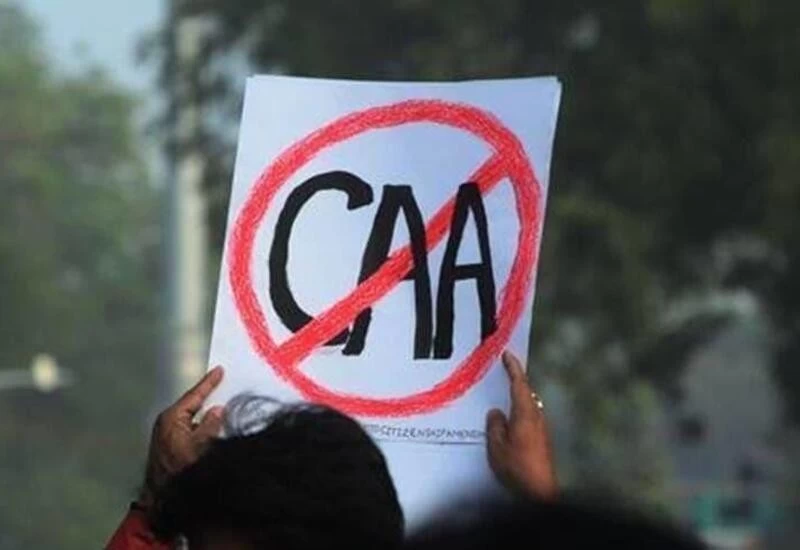New Delhi: A Delhi court on Tuesday refused bail to a 27-year-old university student, saying “vociferous agitation in the guise of Citizen Amendment Bill coupled with other activities of violence would show it was meant to cause or intended to cause disaffection against India”.
This is the second time that Asif Iqbal Tanha of Jamia Millia Islamia, who has been charged under the Unlawful Activities (Prevention) Act (UAPA) in the Northeast Delhi riots conspiracy case, has been refused bail.
Police have accused Tanha of conspiring with former JNU student Umar Khalid and JNU student Sharjeel Imam to “overthrow the Government” by setting up a chakka jam (road blockade) in Muslim-dominated areas. Police have alleged that Tanha used fake documents to buy a mobile phone SIM to use in the riots. This SIM was subsequently provided to another Jamia student and co-accused Safoora Zargar to organise further protests, police have said.
When Tanha’s lawyer Sidharth Aggarwal argued that organisations such as the Jamia Coordination Committee (which coordinated the protests against the citizenship law) or Students’ Islamic Organisation were not terrorist organisations under the UAPA, Additional Sessions Judge Amitabh Rawat said: “Acts which threaten the unity and integrity of India, …causing social disharmony and creating terror in any section of the people, by making them feel surrounded resulting in violence, is also a terrorist act.”
ASJ Rawat agreed that these groups were not proscribed under UAPA, but said, “we have to understand terrorist activity” as per Section 15 (“Terrorist Act”) of the Act.
“…The entire conspiracy beginning from December 2019 of intentionally blocking roads to cause inconvenience and causing disrupting of the supplies of services… resulting in violence with various means and then leading to February incident with the focus being targeted blocking of roads at mixed population areas and creating panic and attack on police personnel with facade of women protesters in front and leading to riots would be covered by the definition of terrorist act,” the court said in its order.
“Acts which threaten the unity and integrity of India, in as much as causing social disharmony and creating terror in any section of the people, by making them feel surrounded resulting in violence, is also a terrorist act.”
The court said that Tanha’s contention that he had no role in raising funds for the riots is misplaced, as other accused in the case are alleged to have carried out this part in the conspiracy.
“Conspiracy has to be read as a whole and not piecemeal. Moreover, the question of presence of accused at the site in North-East Delhi at the time of riots is not a sine qua non for a conspiracy case. Hence, the provisions of UAPA have been rightly invoked in the present case,” the court said.
The court also said that while disclosure statements had no meaning, the statements made by protected witnesses have “sufficient incriminating material” against Tanha.
ASJ Rawat stressed “in unequivocal terms that there is freedom to protest available to all the citizens of the country but that is subject to reasonable restrictions.”
He said, “There is also no manner of doubt that every citizen can hold an opinion about any legislation which they construe as unfair in their understanding”, and all citizens have “the right to protest against any law”.
However, “What actually has to be seen in the context of the present case is whether there was a conspiracy which led to riots under the guise of protest against CAA or not, in terms of the contents of the chargesheet.”


